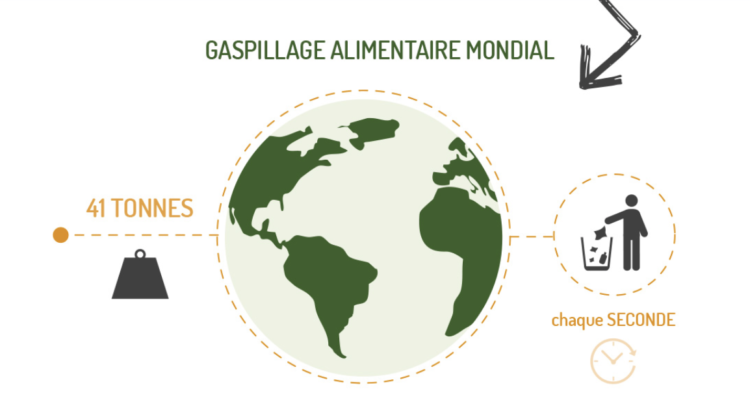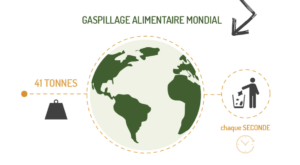
A broken food system

Once upon a time, it helped a fast-growing population get fed and develop economically, fostering urban progress. However, this progress came at a cost. That is why today, for every dollar spent on food, society is paying two dollars in health, economic and environmental costs.
FEEDING THE WORLD IN 2050 BY REDUCING FOOD WASTE
Nowadays, consumers can make a choice from an extremely diversified and abundant range of foods. Demographic growth will only aggravate the situation, however, because the global food production must increase by 60% compared with 20062 to feed the 10 billion people living on our planet by 2050. And this production increase may be compromised by climate change that the agricultural sectors of the world are experiencing.
it also exposes that globally, 5 million deaths a year by 2050 can happen due to the extreme use of pesticides and fertilizers in crops and antibiotics in livestock farming. According to the authors, this number is two times the current number of deaths caused by obesity, and four times the number due to road traffic crashes.
Furthermore, the current food production system is based on a linear approach. Finite resources are extracted and a lot of waste is produced, which together with pollution, harms natural ecosystems. Besides polluting soil, water, and air, the agrifood industry is accountable for nearly 1/4 of global GHG emissions. This is not a very efficient system, as every second, the equivalent to six garbage trucks of edible food is wasted or lost
What do you think?